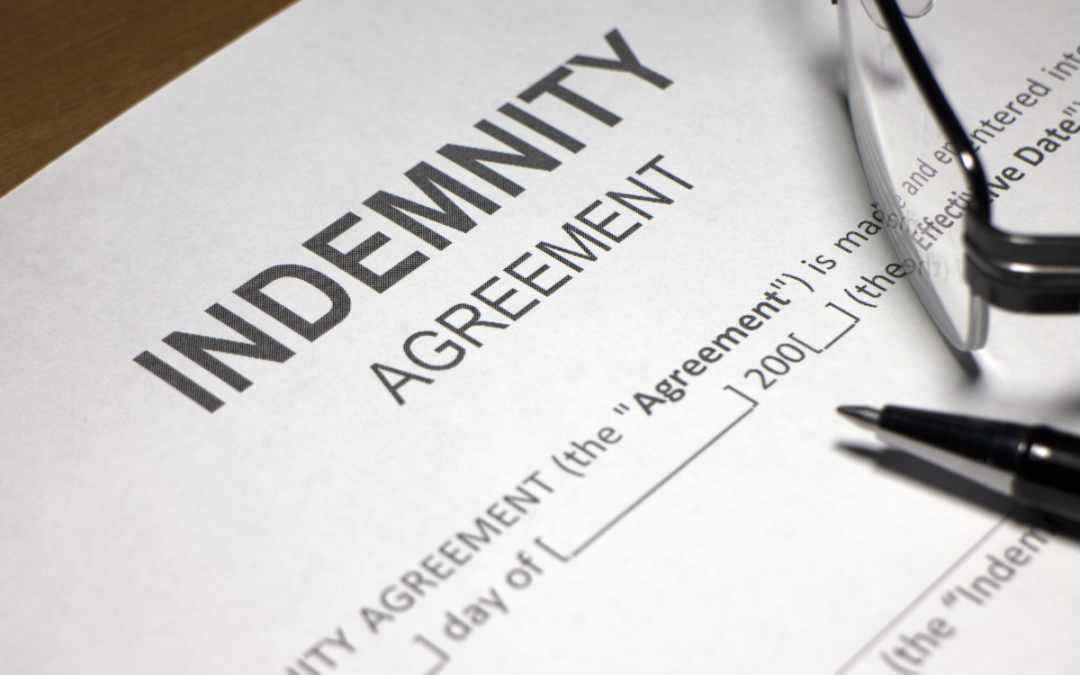Contractors and subcontractors should be aware of their lingering liability under contractual indemnity provisions that might currently be overlooked. These obligations and the potential for liability can outlast other types of contract claims because they might not accrue until long after the project is done.




